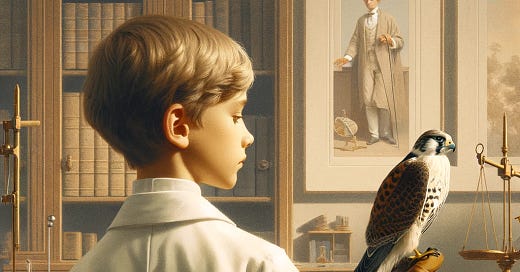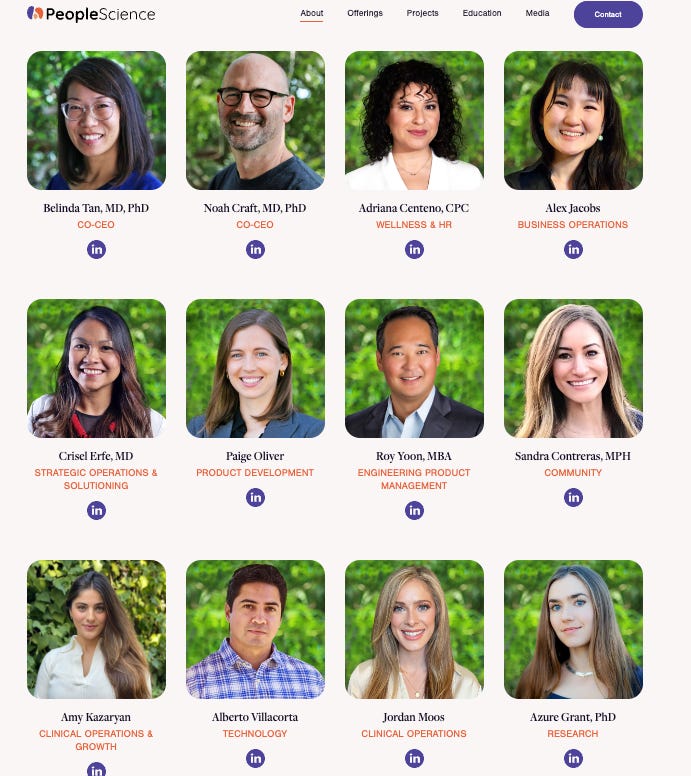Unpopular Science 231212
Misc links to personal science topics and ideas you're unlikely to see elsewhere
Just because we’re personal science doesn’t mean we don’t care about professional science. We just try not to have strong opinions about ideas and conclusions that we can’t evaluate personally. It’s surprising how much of what people assume to be true is based, at best, on second-hand knowledge. Do you know it’s true or did you just read it somewhere?
We read a lot too, including ideas that are out of the mainstream, because we believe that some (not all!) of today’s unconventional ideas are likely to be entirely conventional in the future. How does that make us different from your run-of-the-mill conspiracy theorist? We’re not sure — after all, some conspiracies turn out to be true — but that’s why we focus on the personal. Did you read it yourself or just overhear it? Did you read the original source, or a summary written by somebody else? Did you try it?
Still, the best way to find new true ideas is to cast a wide net for ideas that aren’t currently common knowledge. This is our semi-weekly summary of some thoughts and ideas we ran into recently.
AI and Personal Science
AI Safety deserves a longer post, but meanwhile we’re clearly on the side of techno-optimism. Yes there are very smart people who argue that AI is moving too quickly, and that the potential dangers require unprecedented regulation to ensure it doesn’t get out of hand. But there are smart people on the other side of the argument too, including those of us who think it’ll be a long time before AI can even do much human work, much less replace us. For a thoughtful list of the arguments and counter-arguments, see Zan Tafakari’s Compilations and Thoughts on Marc Andreessen's Techno-Optimism.
Another good summary is by MIT Professor Rodney Brooks, a long-time AI expert (co-founder of the Roomba home vacuum robot) who’s been making predictions about specific AI achievements for years. Besides his pessimistic views on self-driving cars, he predicts “not in my lifetime” the emergence of a robot that has any real idea about its own existence in a way that a 6-year-old understands, but concludes:
Vice Admiral Joe Dyer, former chief test pilot of the US Navy, once reminded me that nothing is ever as good as it first seems, nor as bad.
Studies you can consider
Help test a new vaccine against malaria — by volunteering to be infected with malaria.
People Science is a Los Angeles-based company building a smartphone platform for clinical research. Their data collection tool Chloe (Consumer Health Learning and Organizing Ecosystem) is designed for easy use by normal people who want to join one of their trials, mostly on treatments that can’t get the attention of Big Pharma.
A great idea we wish could be tried more often! They’re running experiments on various unconventional treatments for conditions ranging from eczema to mental health.
Incidentally, am I the only one who thinks it’s odd — maybe even a little patronizing — that every “patient” photo on their web site has a skin color that is clearly not representative of their team. I’m sure the company cares about the under-represented and the powerless (who doesn’t?), but at some point their eagerness to promote their good intentions comes across as, well, cynical.
We don’t know anything more about People Science, but hopefully their science is less biased.
Speaking of bias in science…





